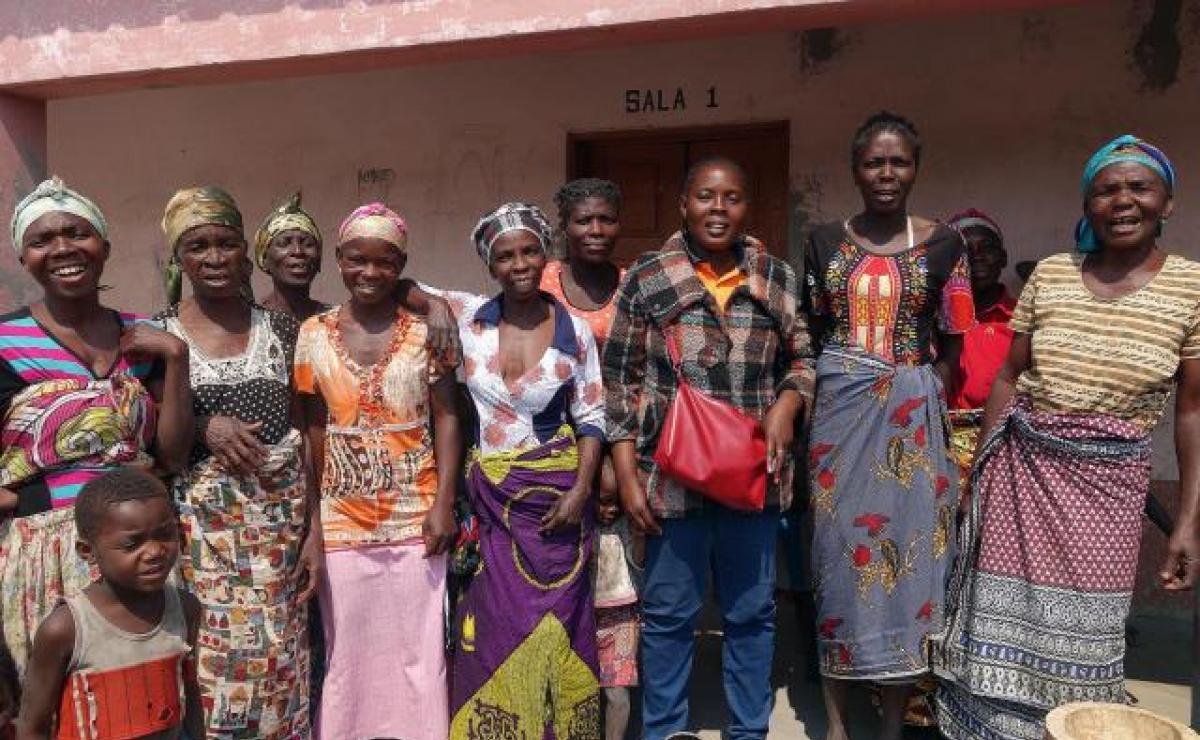Illuminating a village

Workshops in Angola restore dignity to impoverished farmers
One of the young men in Chinganga Moises reads a poem written by the whole community for the workshop
I am a farmer, king of the Earth.
The whole village has gathered under the palaver tree and is listening to the young man, who reads out the poem written by the community.
I am a farmer, king of the Earth.
I am the one that many despise without realizing that, in the end, they depend on me, because without my work, no human species would survive.
The young man is very dignified: holding his sheet of paper, he is reading one sentence at a time and the old teacher is repeating in Tchokwe, with so many gestures that it almost looks like sign language. There is so much strength and vitality in this language of which I do not understand a single word.
I have the patience and the faith of the people of Israel, waiting for the seed to grow, to eat of its fruit tomorrow: vegetables, fruits, cereals. I wake up early in the morning and come back in the afternoon with the great mission of ensuring humankind's survival.
A soft wind rises suddenly, as if nature were listening to us with kindness. I feel I can hear the earth breathe, and the Gospel whispering through the leaves of the tree: the last will be the first, the humble will be the king.
There is something deeply moving about being here in this remote Angolan village that we have reached after hours of red dust roads. Seeing these men and women standing, expressing their important role on this earth. Beyond the appearances of poverty, these words give them back all their royalty.
Here in Chinganga Moisés, and about thirty other villages in this province, LWF supports communities in their access to land and food security. At the heart of these practical projects to improve livelihoods, at the heart of all LWF projects, is the inherent dignity of every human being.
Today, I came to offer them a time of celebration, a moment to honor qualities and talents that God has put in every one, a moment to see one’s importance, both individually and collectively. It is a powerful psycho-social support tool, and for me, an experience of the healing and transforming power of words.
What has inspired them to come up with this poem? Just a little phrase that I read to them among many other examples: I am an ant with a lion's courage.
Workshop with women in Mumanga
I am strong because I bear the worries of life with much hope for a better future, because I am an admirable creature of God, a woman of faith.
The next day, I am with 15 women in a school room, gathered for another self-esteem workshop. It does not seem like a lot, but it is a victory in itself: tearing these mothers away from the rest of the community, just for an hour. There are two infants on their mothers’ breast, but the older children have been gently put outside. They come back in through the windows. Finally, to be able to have a quiet space, we decide to close the windows.
I invite them to talk about their importance in the community, their work, their qualities. In the center of our circle, they have placed their products: corn, cassava, tomatoes, various seeds and handicrafts, a pestle and its bowl.
Each woman takes a turn to stand up and speak in the middle of the circle. They present what they do: I get up at dawn, I cook, I go to the fields, I pile cassava ... That they can say with ease, but when I ask them to name one of their qualities, I receive awkward silence and embarrassed looks. My question must sound completely strange to them. Finally, I start naming a quality for each woman and ask the other participants to do the same. Each woman thus receives these gifts of words, their eyes get misty, they are moved.
The pastor's wife receives: generosity, giving a warm welcome and food to all who come to deposit their worries in her house ...
The treasurer of the parish: honesty, listening …
The old woman who cares for children when the youngest are in the field: maternal love, protective ...
The midwives: tenderness of hands welcoming every child born in the village, peacefulness ...
The farmers: endurance, brave, hard-working, nurturing, essential, patient ...
With this loot of qualities and compliments, they will develop together this beautiful text in Tchokwe, a true hymn to all these courageous and often invisible rural women:
I am a rural woman, I am water for my family,
Through my unnoticed work, I water the flowers of my house and my community.
I am essential to the development of human life in all its dimensions.
I deserve the respect of humanity.
Through an LWF food security project, villagers are able to secure rights to their land and start small gardens to feed their families.
The promotion of women is an essential dimension of all the work of LWF. In these rural communities, mentalities have evolved through patient companionship: women participate in decision-making processes, hold positions in the village development committees, legalize their land and work as equals with men.
I have noticed that women, however, remain generally more discreet during the assemblies, and naming their qualities is a much more difficult exercise compared to men, who show ease in highlighting their importance in the community.
Men’s group in Mumanga
“Please take time to recognize, share and praise your importance in the community”: that is the instruction I have given to about fifteen men gathered in this small classroom.
I am surprised with what ease and dynamism they embark on this task. A young man stands up:
The village blacksmith is the first to stand up and describe his craft during the workshop for men in Mumanga
I am the blacksmith,
I am the king of the wheel.
I am the manufacturer of knives and machetes,
Without a knife, no one can eat meat.
I am the king of the field,
If I do not make the machete,
The farmer cannot work.
As each man gets up and presents his function, all the offices held by the villagers appear before my eyes, in their marvelous complementarity ...
The traditional doctor comes as a solution and a healing drug ...
The carpenter is a machine to turn boards into objects full of sense ...
The teacher, a transformer without whom knowledge and inventions are impossible ...
The young musician is the joy of the party ...
The traditional leader is the problem-solving pool ...
The honey collector and the tomato grower are described as vitamins, sources of strength for the villagers.
The participants are inspired by each other, the tailor naturally becomes the clothes doctor, and the activist becomes the doctor who prevents diseases. As for the one who deals with the problems of male infertility, he becomes the king of children!
My colleague translates for me, word by word, sentence by sentence. As he writes, like a faithful scribe, I look at the men standing, gathering their thoughts. I can see pride their eyes, and some awkward body language showing this is not a common exercise …
Among them there is an old man, his face so deeply marked by life. Since the beginning of our meetings this morning, he weaves relentlessly a large woven basket with regular patterns.
The elderly basket-weaver in Mumanga describes the beauty of his craftsmanship
With dignity and presence, he stands up and proclaims:
I am the manufacturer of traditional mats;
This is how I survive.
I am the man of beauty,
I am the one who creates beauty in the village.
Silence descends and welcomes this truth, followed by the applause of the group. Again an immense feeling of gratitude invades me: yes, this old man, whom the modern canons of beauty would reject, is revealed to himself and to his audience as "the man of beauty", a creator of beauty, both that of his creations of dried grasses and the beauty that only the heart can see.
One of the last testimonies touches me so deeply, perhaps because this man’s task is, in a way, close to mine, and to all who work to change attitudes. It is the activist, the one who sensitizes the villagers on hygiene and aspects as trivial yet essential as how to build and maintain the latrines, to install and use the bins, to put the pans on the table and not on the ground ...
I often find that what I do is not much,
But in the end my work is of great value,
I am a doctor who prevents diseases,
I am the fire in the village,
Like lightning I illuminate the village.
As my colleague translates this last sentence for me, I realize with amusement that the man used one of the only words I have learned in Tchokwe: PWANGA, light.
This word reflects what so many villagers shared with me when discussing the gifts that LWF has brought them : empowerment and knowledge of their rights. “We were in the dark and now we are in the light”. PWANGA.
The Mumunga community proudly standing in front of the new school that LWF helped them advocate for with the local authorities.
In both villages in Moxico Province, LWF implements its projects for land rights and food security with funding from its partner Bread for the World.

